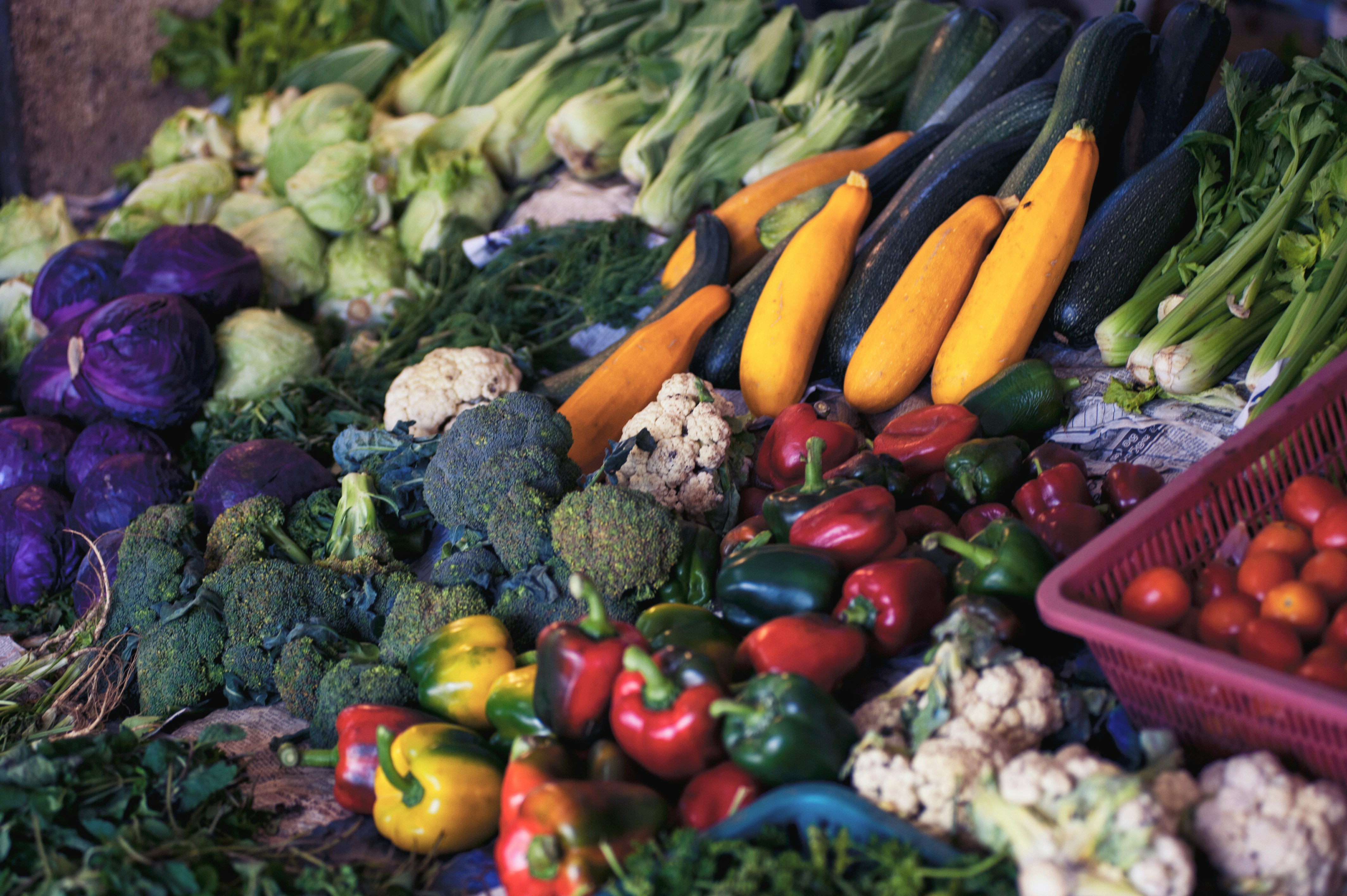Project Antarsam

The Antarsam project is a speculative exploration into alternate histories and potential futures, inspired by ecological systems, technological artifacts, cultural contexts, and linguistic roots. Antarsam represents an immersive dive into the possibilities that emerge when the threads of history, technology, and ecology intertwine to weave a new societal fabric.
Our unique exploration started with a set of intriguing variables:
- An ecological system: Ants producing and distributing liquid food
- An artifact (thingamajig): Liquid food packets and their decentralized production and delivery system
- A place: Bengal
- A name: Antarsam
Ecological System: Drawing Inspiration from Ants
Ants’ unique social structure and cooperative behavior offered a profound insight into the possibilities of a politics of logistics centered around the production and distribution of liquid food. This exploration further inspired the conceptualization of the “thingamajig.”
The Artifacts
In envisioning an alternate reality, we introduced two key interventions:
- Mrutaru or Nectar: By harnessing the power of genetics, we conceptualized a house plant capable of generating a perfect nutritional mix when combined with the right ingredients. This led to the hypothesis that a mere three plants in a house could produce 200 kilos of liquid food weekly.
- Annacharkha Machine: This bicycle-powered machine transforms the nutritional mix into liquid food. We imagined it as a mandatory installation in every household in the cities, potentially addressing urban female obesity through its operation.
Place: The Bengal Famine and Beyond
The choice of Bengal as the focal point for our exploration wasn’t accidental. Bengal, scarred by the 1941 famine and subsequent famines until the 1960s, presented a unique opportunity to imagine how significantly different timelines could be altered. Instead of the green revolution that swept India in the ’60s, we posited that a radical shift in food production could fundamentally change political systems. We also explored the material implications of such a change on the supply chain, envisioning an alternate internet centred around federalising food demand and supply down to the neighbourhood or village level.
Name: The Power of Linguistics
The choice of the term “Antarsam” was a deliberate linguistic exploration. By merging “antar-“ (meaning ‘in between’) and “sam” (short for ‘samachar’, meaning ‘news’), we sought to challenge traditional metaphors associated with the internet. Similarly, the term “annacharkha” (with ‘anar’ meaning ‘grain’ and ‘charkha’ referring to a ‘weaving wheel’) was a symbolic exploration of how different metaphors could shape the manifestation of technology in this alternate world.
A Ripple Effect of Small Changes
The Antarsam project was a fascinating exploration into the knock-on effects of small changes in the existing socio-political and technological landscapes. It offers an optimistic perspective on the individual’s power against the seemingly monolithic systems, challenging the notion of those systems as cold hard facts. It reminded me that even the most formidable of systems are ultimately a construct of our collective imagination and actions.
Narrative
Imagine a world where the legendary Subhashchandra Bose never perished and continued his fight against the British with assistance from the Japanese. He then stood against the Americans and Japanese, who divided their control over north-west and north-east of the combined region of India and Pakistan. This project takes a unique spin on the years of nation-building, focusing primarily on resource allocation for food production due to recurring famines from the 1940s to the 1960s.
The Breakthrough and Resulting Innovation
A radical breakthrough from nuclear science led to the discovery of isotopes, which drastically improved food yield. Consequently, the nation invested in a distinctive internet structure, unlike the one we are familiar with today. The new internet, named Antarsam, was created to facilitate peer-to-peer food production and transportation.
This household method of food production functioned like a decentralized power grid. Higher producing parts stepped up to meet the demand in lower producing parts without the need for intermediaries, all facilitated by the p2p Antarsam internet. We also meet, Paul, a times traveller (a being who traverses possibilities rather than time), acts as our primary character. He shares insights on the stark differences between his last visited universe (where you and I exist) and the current one, specifically the drastic differences in politics.
The Antarsam Community Meeting
A special Antarsam Community Meeting welcomes both our revered Netaji and our special guest, Paul Anthony George. Paul hails from a timeline where the struggle for Independence was won peacefully. However, in his world, they would remain as puppets of capitalist entities.
The Decentralization of Production
The main focus of this gathering is to discuss a system that mirrors our internet in Paul’s timeline but fits into our Antarsam. We aim to make food distribution as decentralized as possible.
Despite our highly efficient and awarded public goods and people transport system, a significant amount of waste is generated in the process of production and transportation. The issue has been exacerbated by rebel attacks on our central farms.
The Game-changing Interventions
The committee introduces two interventions that will revolutionize the system:
Intervention 1: Mrutaru or Nectar - We’ve harnessed the power of genetics to create a house plant that can generate a perfect nutritional mix when combined with the right ingredients. We estimate that merely three plants in a house can create 200 kilos of liquid food every week for a month.
Intervention 2: Annacharkha Machine - This machine connects to the cycles installed mandatorily in every household in the cities. It transforms the nutritional mix into liquid food through the act of cycling, potentially helping tackle urban female obesity.
Further research is being carried out to create diverse food options using simple tablets that can change nutritional sets and tastes of food by unleashing harmless bacteria that edit the Mrutaru’s Genes in a specific way.
We christen this entire system ‘Langaar’. The incorporation of women into the labor force will potentially boost our production by five times in the next two years.
